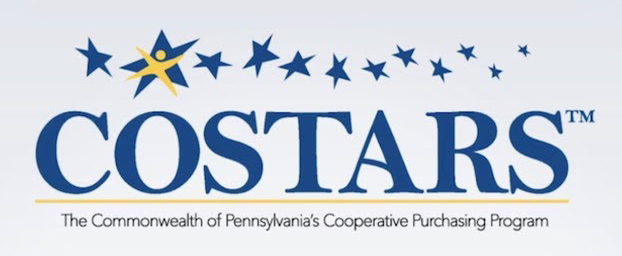MRSA
Contract Cleaners Supply provides the right chemicals, disinfectants, sanitizers, hands-free tools and tissues for boo-boo noses!
CONTRACT CLEANERS SUPPLY: HOW WE CAN HELP FIGHT IT
Practical Advice for Teachers
- If you observe children with open draining wounds or infections, refer the child to the school nurse. If a nurse is not available, call the child’s guardian and refer them to seek medical attention.
- Enforce hand hygiene with soap and water or alcohol-based hand sanitizers (if available) before eating and after using the bathroom.
Advice for School Health Personnel
- Students with skin infections may need to be referred to a licensed health care provider for diagnosis and treatment. School health personnel should notify parents/guardians when possible skin infections are detected.
- Use standard precautions (e.g., hand hygiene before and after contact, wearing gloves) when caring for nonintact skin or potential infections.
- Use barriers such as gowns, masks, and eye protection if splashing of body fluids is anticipated.
Cleaning and Disinfecting
Shared equipment that comes into direct skin contact should be cleaned after each use and allowed to dry. Equipment, such as helmets and protective gear, should be cleaned according to the equipment manufacturers’ instructions to make sure the cleaner will not harm the item.
- Athletic facilities such as locker rooms should always be kept clean whether or not MRSA infections have occurred among the athletes.
- Review cleaning procedures and schedules with the janitorial/environmental service staff.
- Cleaning procedures should focus on commonly touched surfaces and surfaces that come into direct contact with people’s bare skin each day.
- Cleaning with detergent-based cleaners or Environmental Protection Agency (EPA)-registered detergents/disinfectants will remove MRSA from surfaces.
- Cleaners and disinfectants, including household chlorine bleach, can be irritating and exposure to these chemicals has been associated with health problems such as asthma and skin and eye irritation.






